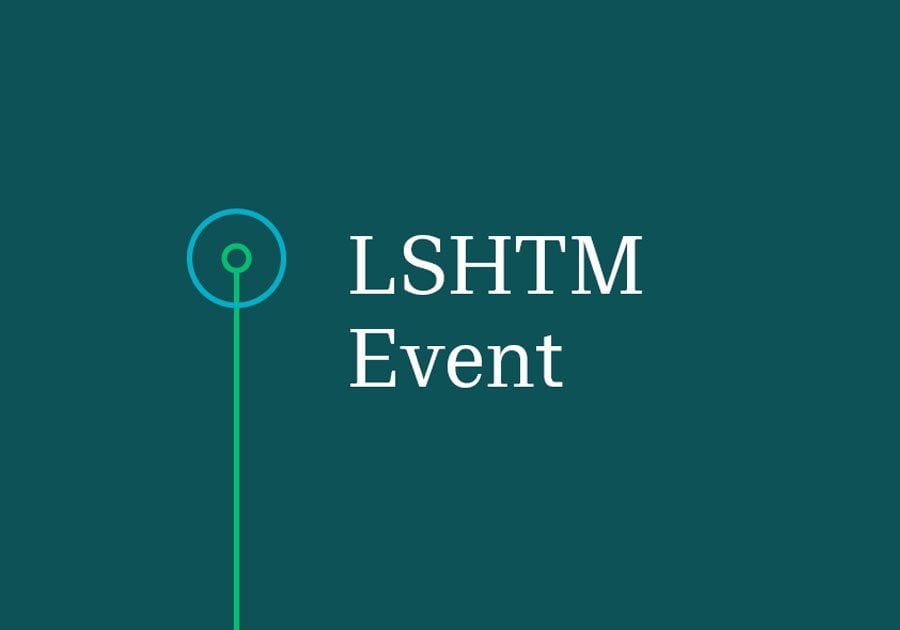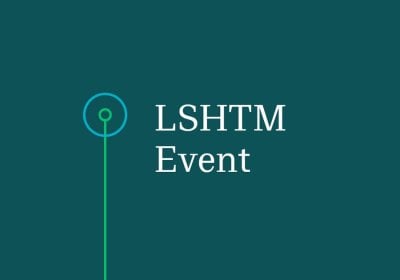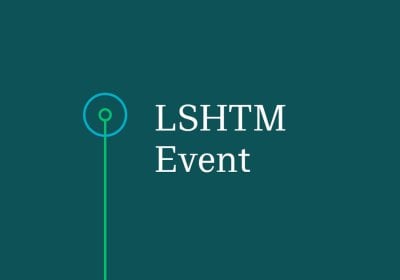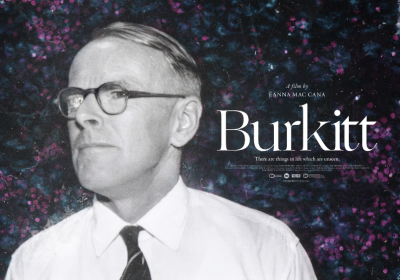Visualising spaces of pestilence: Malaria and the natural environment in late colonial India
Examination of the visualisation of Malaria in late colonial India and its reshaping of the natural environment.

This paper explores the visualisation of Malaria in late colonial India and its reshaping of the natural environment. It will be of interest to staff and students interested in the history of Malaria, as well as the broader histories of medicine, its intersections with the environment, and Empire.
In 1897, Ronald Ross, a Surgeon Major in the colonial Indian Medical Service, discovered that mosquitoes communicated malarial parasites between human bodies. This discovery resulted in a triad involving the mosquito, plasmodium, and the human host that had found expression in visual imagery. The prevention of malaria, one of the deadliest of tropical diseases, generated a need to re-evaluate the British understanding of Indian environment.
This talk examines how images generated by scientific research on malaria became an integral part of this re-evaluation of the colonial government’s approaches towards public health and hygiene. Dealing with the malaria surveys conducted under British rule between 1900 and 1940, the talk addresses how images informed the understanding of malarial infestations, the collection and examination of mosquitoes, and the dialogues surrounding anti-malarial operations. In so doing, the paper specifically addresses the relationship between malarial survey reports and bureaucratic documents, to track how the colonial government promoted and deployed scientific illustrations and photographs relating to the disease. The result is a chequered history of how the responses to pestilence reshaped colonial natural environments, wherein imagery allows one to probe the complexities of the legacies of British imperialism within medicine and healthcare.
Speaker
Dr Apurba Chatterjee
Apurba Chatterjee is a Research Support Officer at Kingston University. Prior to this, she held a Wellcome Trust Humanities and Social Science Fellowship at the University of Reading. She is a historian of colonialism in British India, who specialises in the histories of science, medicine, and visual culture. Her research explores the visual regimes of medicine in late colonial India, with a focus on malaria.
Event notices
- Please note that you can join this event in person or you can join the session remotely.
- Please note that this session will not be recorded.
Admission
Contact


